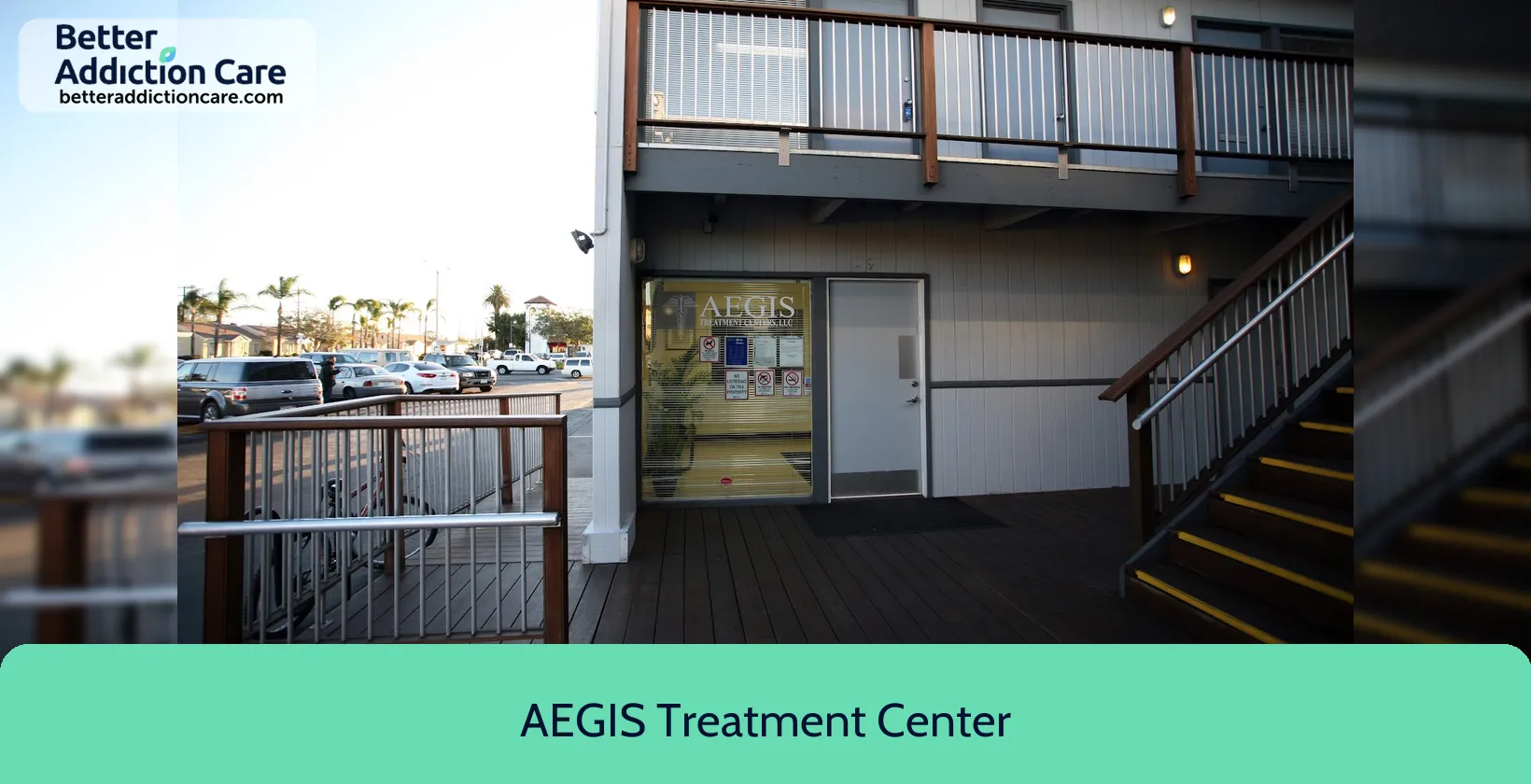Alternative Action Program

Overview
Alternative Action Program is an substance abuse treatment center that provides outpatient detoxification, for men and women from 18+ years of age. As part of their special programs, Alternative Action Program treats clients with hiv or aids, pregnant/postpartum women, and active duty military. To help patients achieve sobriety, Alternative Action Program provides intake assessments. Afterward, patients receive family counseling, group counseling, and trauma-related counseling during treatment. Alternative Action Program is located in Oxnard, California, providing treatment for people in Ventura County, accepting medicaid, cash or self-payment, and sliding fee scale (fee is based on income and other factors).
Alternative Action Program at a Glance
Payment Options
- Medicaid
- Cash or self-payment
- Sliding fee scale (fee is based on income and other factors)
Assessments
- Comprehensive mental health assessment
- Comprehensive substance use assessment
Age Groups
- Adults
- Children/adolescents
- Young adults
Operation
- Private for-profit organization
Highlights About Alternative Action Program
6.59/10
With an overall rating of 6.59/10, this facility has following balanced range of services. Alcohol Rehabilitation: 8.00/10, Drug Rehab and Detox: 6.00/10, Insurance and Payments: 6.00/10, Treatment Options: 6.36/10.-
Alcohol Rehabilitation 8.00
-
Treatment Options 6.36
-
Drug Rehab and Detox 6.00
-
Insurance and Payments 6.00
Treatment At Alternative Action Program
Treatment Conditions
- Mental health treatment
- Alcoholism
- Opioid Addiction
- Substance use treatment
- Co-occurring Disorders
Care Levels
- Intensive outpatient treatment
- Detoxification
- Outpatient
Treatment Modalities
- Family counseling
- Group counseling
- Trauma-related counseling
- Individual psychotherapy
Ancillary Services
Languages
- Spanish
Special Programs
- Clients with HIV or AIDS
- Pregnant/postpartum women
- Active duty military
- Clients who have experienced trauma
Get Help Now
Common Questions About Alternative Action Program
Contact Information
Other Facilities in Oxnard

6.88

6.88
DISCLAIMER: The facility name, logo and brand are the property and registered trademarks of AEGIS Treatment Center, and are being used for identification and informational purposes only. Use of these names, logos and brands shall not imply endorsement. BetterAddictionCare.com is not affiliated with or sponsored by AEGIS Treatment Center.
